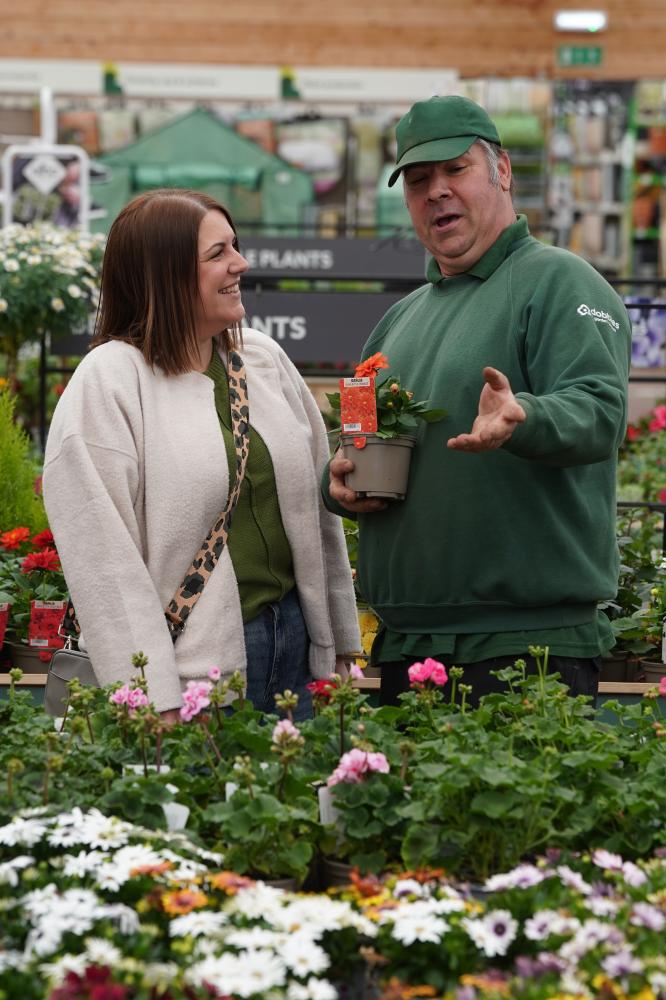Environmental sustainability is on everyone’s minds.
We’re seeing massive heat waves and extreme weather events all around the world. It’s so important for everyone to do their part. What’s more, making your household greener is good for you and your family as well as the planet.
You can reduce your carbon footprint and contribute to a more sustainable future with some simple preparation and a few big choices. Some are small, like making sure that you’re recycling everything properly. Others are more major, like getting a contractor in to make some changes. Let’s look at how your household can go greener this summer.
1. Conserve Energy at Home
Reducing energy consumption is a key step towards a greener household. Here are some effective ways to conserve energy:
Upgrade to Energy-Efficient Appliances: Replace old appliances with energy-efficient models that have high energy ratings. Look for appliances with the Energy Star label, which indicates that they meet or exceed energy efficiency standards.
Use LED Lighting: Switch to LED bulbs, which use less energy and last longer than traditional incandescent bulbs. They are available in various colours and designs to suit different needs.
Unplug Electronics: Many electronic devices continue to consume energy even when they are turned off. Unplug chargers, TVs, and other devices when they are not in use, or use smart power strips that automatically cut off power to idle devices.
Harness Solar Energy: Consider installing solar panels on your roof to generate clean and renewable energy for your household. Solar energy can significantly reduce your reliance on traditional electricity sources.
2. Reduce Water Consumption
Conserving water is another important aspect of creating a greener household with so much worry about drought. Here are some tips to reduce water consumption:
Fix Leaks: Regularly check for and repair any leaks in faucets, toilets, or pipes. A small leak can waste a significant amount of water over time.
Collect Rainwater: Install a rainwater harvesting system to collect rainwater for activities such as watering plants and washing outdoor areas. It's a sustainable way to reduce reliance on freshwater resources.
Practice Efficient Water Use: Be mindful of water use in daily activities. Take shorter showers, turn off the tap while brushing your teeth, and only run the dishwasher or washing machine with full loads.
3. Talk To a Contractor About Improving Insulation in Your Home
Inadequate insulation can result in heat loss during winter and heat gain during summer, leading to increased energy consumption. By talking to a contractor, you can explore options for improving insulation in your home. For example, local roofers can help to reduce energy loss in your home. You can find roofers near you at MyBuilder. Contractors can post their bids, and clients can see what their previous clients have to say about their work.
Assess Current Insulation: A contractor can assess your current insulation levels and identify areas that need improvement. They will check for gaps, air leaks, and insulation thickness to determine the most effective upgrades.
Choose the Right Insulation Materials: A contractor can recommend suitable insulation materials based on your home's construction and requirements. Options may include fibreglass, cellulose, spray foam, or rigid foam insulation.
Professional Installation: Contractors have the expertise to install insulation correctly and efficiently, ensuring maximum effectiveness. They will seal air leaks, properly insulate walls, attics, and floors, and ensure thorough insulation coverage.
4. Embrace Sustainable Habits
Incorporating sustainable habits into your daily life can make a significant impact on the environment. Here are a few examples:
Reduce, Reuse, Recycle: Follow the three Rs: reduce waste by purchasing only what you need, reuse items whenever possible, and recycle materials that can be processed into new products.
Buy Local and Organic: Support local farmers and reduce your carbon footprint by purchasing locally sourced produce. Consider opting for organic options, which are grown without synthetic pesticides or fertilisers.
Minimise Single-Use Plastics: Replace single-use plastic items such as water bottles, grocery bags, and straws with reusable alternatives like stainless steel bottles, cloth bags, and metal or bamboo straws.
5. Invest in Renewable Technologies
Renewable tech is a lot more achievable than you might think. It’s better for the environment and it might save you some money too.
Solar Water Heating: Install a solar water heating system to heat your water using the sun's energy. It can significantly reduce your reliance on fossil fuel-based water heaters. This also means that you can look forward to lower energy bills in the winter.
Geothermal Heating and Cooling: Geothermal systems utilise the stable temperature of the earth to heat and cool your home. They are highly energy-efficient and can significantly reduce energy consumption for heating and cooling.
Smart Thermostats: Install smart thermostats that can learn your heating and cooling preferences and adjust accordingly. They can help optimise energy use and reduce wasted energy.








